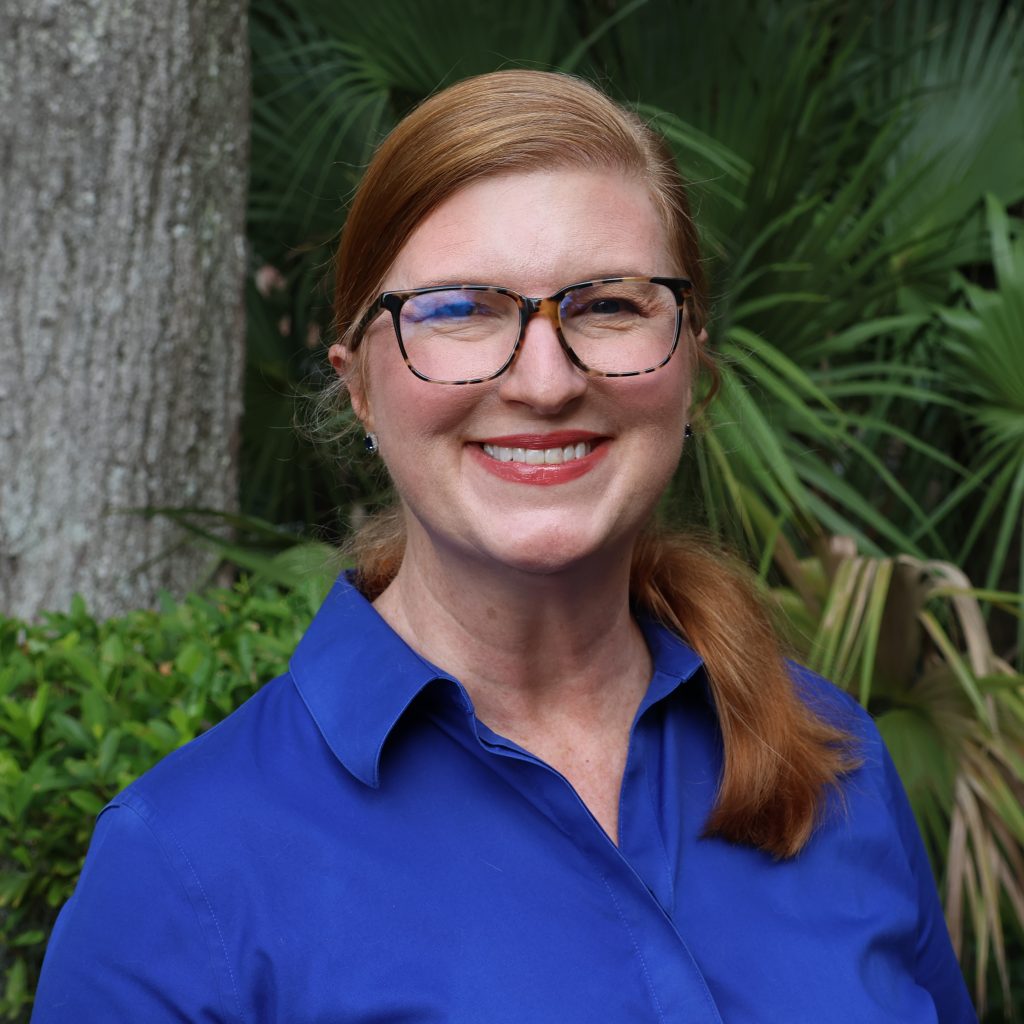
Lisa Platt
Savannah College of Art and Design, BA
Kansas State University, MS
State University of New York at Binghamton, Ph.D.
Areas of Focus
Sustainability (Building Materials, Built Environment Resilience, Environmental Engineering, Environmental Health Sciences, Sustainable Public Policy, Sustainable Architecture and Design)
My research focuses on using Artificial Intelligence and dynamic modeling to evaluate scenarios for preventative designs that reduce risks to human health. This research includes how phenomena such as climate change, which is having a demonstrated effect on infectious conditions and disease epidemiology, impact community health infrastructure and health system resilience. This area of study’s primary purpose is to explore the potentials that predictive Systems Science and Engineering approaches have in informing reliable risk moderation and sustainable system optimization strategies for environmental planning paradigms successful in moderating outside design basis system hazards.
Biography
Dr. Lisa Sundahl Platt is an Assistant Professor of Interior Design and Research Faculty at the Florida Institute for Built Environment Resilience (FIBER), University of Florida. She is the creator of the SAMPL (Sustainable Adaptive Material Performance Level) framework and directs the Design Dynamics Lab at FIBER.
Her research centers on the impact of built environment design—with a special emphasis on materiality resilience—on human health and well-being. Dr. Sundahl Platt uses artificial intelligence and complex modeling to forecast outcomes and inform healthier, more sustainable environments. With over 25 years of experience as a licensed interior designer and international consultant, she brings extensive practical insight to her work. Her interdisciplinary background in interior design, psychology, and systems science supports her mission to create living environments that are safe, supportive, sustainable, and resilient.
Dr. Sundahl Platt teaches Interior Materials, which uses SAMPL as an educational framework; Sustainable Interiors, where advanced students gain hands-on experience assessing and designing spaces for LEED and WELL certification; and Advanced Architectural (e.g. Healthcare Design) Studio. As a CIDQ Ambassador, she incorporates NCIDQ awareness and preparation into her advanced studio curriculum.